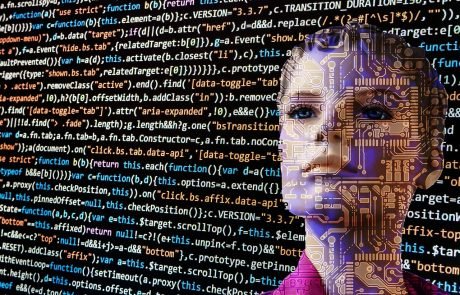Women may have access to better treatment for breast cancer as new AI technology enables earlier detection of damaged cells, according to a study published in The Lancet Digital Health.
All posts in artificial intelligence
A team from the University of Dundee, UK, demonstrated the potential for Artificial Intelligence to find better care for patients with heart conditions, according to a study presented at the
An AI system performed better than junior doctors to diagnose patients with eye problems, according to a study published in the journal PLOS Digital Health. The authors from the University
“A high-tech health centre is the concrete application of digital health” – Clément Pacaud (Visiomed)
Clément Pacaud, Managing Director of Visiomed, operator of the “Smart Salem” high-tech health centres in the Middle East, talks to European Scientist. The market is booming, with improvements in prevention,
Artificial Intelligence (AI) can be used to predict if adult patients with brain cancer are likely to survive more than eight months after receiving treatment, according to a study published
A team of researchers from Amsterdam UMC is planning to build models to enable greater access to AI systems in the healthcare sector. Most of our medical information is unstructured.
As artificial intelligence (AI) becomes more realistic, how does it affect our communication with others? A team of researchers from the University of Gothenburg, Germany, explores whether our trust in
The challenges of the convergence of Data, AI, Cloud, Blockchain, IoT and Cybersecurity
The purpose of this article is to explain the relationships (dependencies, interdependencies, interrelationships, benefits) between Data, AI, Cybersecurity, Cloud, IoT and Blockchain, and to understand their consistency. The link between
Artificial Intelligence (AI) model shows how disease-causing bacteria, like E. coli for example, cause infection by injecting a cocktail of many different proteins knows as effectors into the host cell.
2020 was a promising year that many of us were impatiently expecting. Space launches, 5G and robotic innovations were some of the most-anticipated projects for this year. Until the coronavirus









